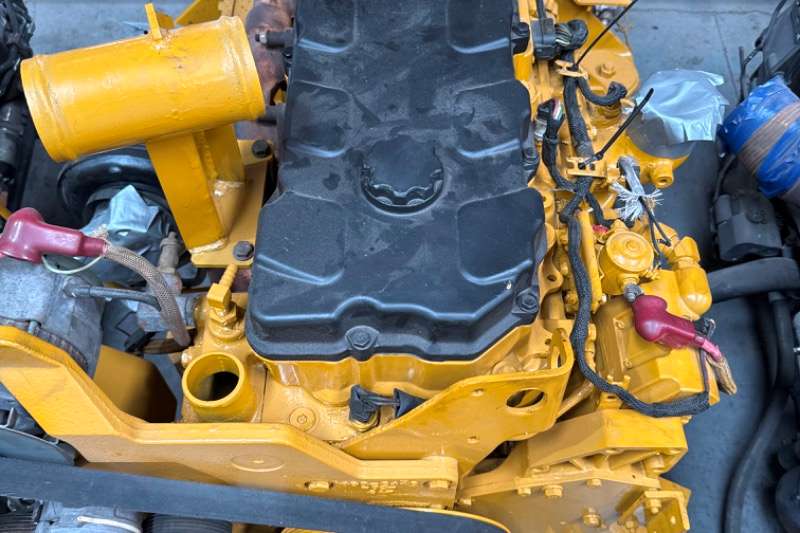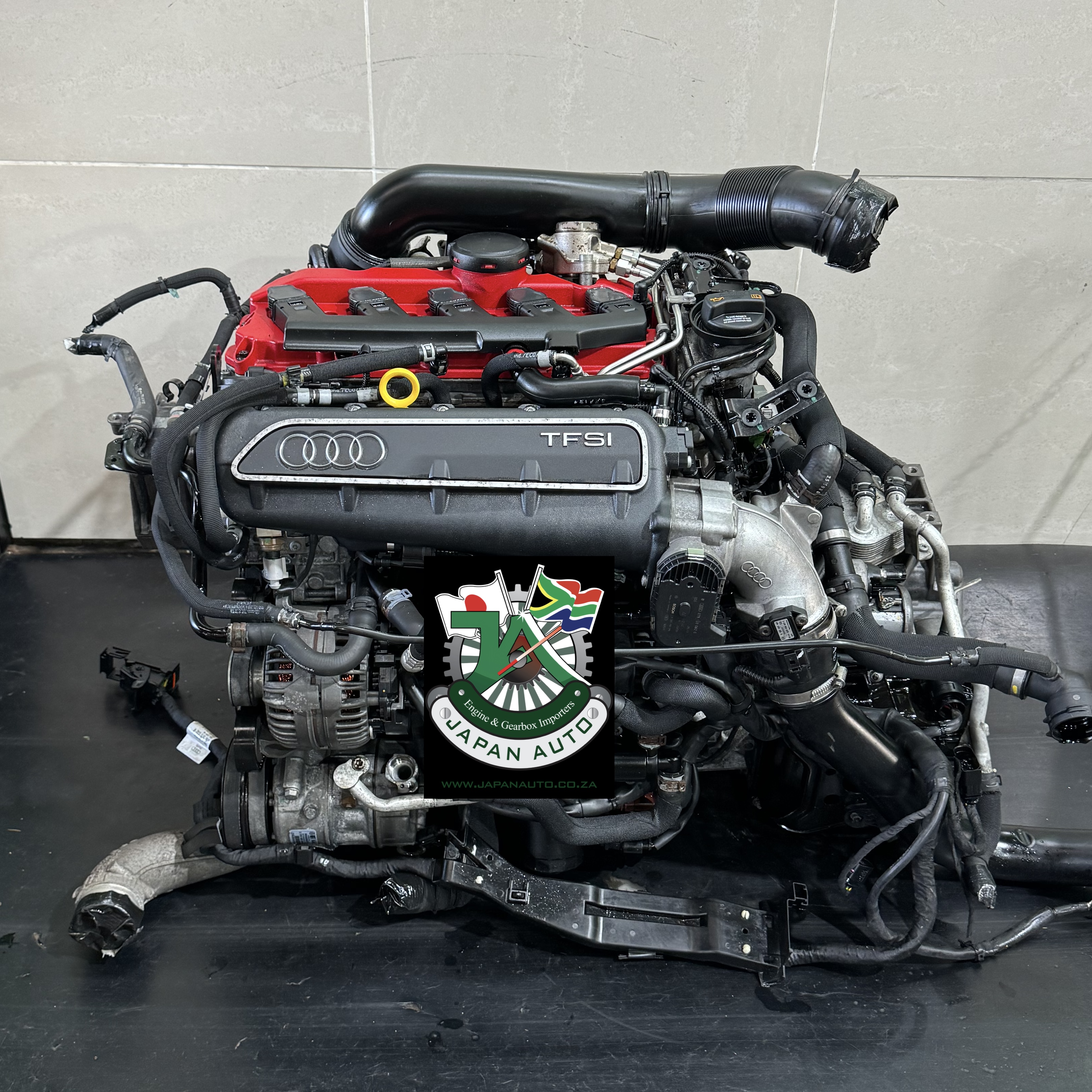Engines for Africa: Revolutionizing Power Generation in Remote Areas
Discover the Advantages of Utilizing Engines for Africa in Sustainable Advancement
The combination of engines right into Africa's sustainable growth framework offers a complex opportunity to resolve essential challenges such as power accessibility and agricultural efficiency. By improving automation and maximizing irrigation systems, engines can substantially boost plant yields and food protection.
Improved Energy Access
Boosted energy gain access to is critical for driving lasting growth in Africa, where around 600 million people lack dependable electricity. Utilizing engines powered by eco-friendly resources, such as solar, wind, and biomass, can dramatically boost energy supply and access in underserved and rural locations.
Effective power access not just equips neighborhoods but likewise cultivates entrepreneurship and job production. Little and medium-sized ventures (SMEs) can prosper when they have reputable energy, leading to increased financial task and boosted living requirements. Improved energy accessibility promotes the usage of modern innovations, which can improve farming techniques, medical care distribution, and instructional initiatives.

Boosting Agricultural Productivity
Reputable energy gain access to functions as a structure for improving farming performance in Africa, which is crucial for food security and economic stability. The integration of engines powered by lasting power resources can substantially boost agricultural methods by promoting mechanization, which is necessary for boosting efficiency and return. With dependable energy, farmers can make use of modern-day equipment for planting, collecting, and handling plants, lowering labor reliance and enhancing performance.
Additionally, energy accessibility allows the implementation of irrigation systems, which is essential for taking full advantage of crop result, especially in regions prone to dry spell. By utilizing engines for water pumping, farmers can make certain constant water system, bring about enhanced crop wellness and variety. In addition, energy availability sustains agro-processing tasks, enabling for the change of raw farming products into value-added products, thus expanding market reach and improving farmers' revenue.
Training and capacity-building initiatives can further equip farmers to take on these technologies properly. As agricultural performance boosts, it contributes to the durability of local neighborhoods versus food instability and economic fluctuations, promoting a lasting growth version for the continent. In this context, engines serve not just as a way of energy supply yet likewise as a driver for farming advancement across Africa.
Economic Growth Opportunities
Typically neglected, the assimilation of engines powered by lasting energy sources provides substantial financial development chances for Africa. By taking advantage of renewable resource innovations, such as solar and wind, the continent can decrease its dependence on nonrenewable fuel sources, thus lowering power prices and improving power safety - engines for Africa. This shift can stimulate local markets and develop work in production, installation, and upkeep of lasting power systems
Furthermore, the adoption of these engines improves effectiveness across numerous markets, consisting of transport and agriculture. The shift to electric or hybrid engines in transport can lower functional expenses for businesses while increasing the reliability of supply chains. In farming, lasting engines can assist in the mechanization of farming practices, causing higher performance and decreased labor costs.
In addition, investments in sustainable energy facilities can attract global financing and partnerships, cultivating technology and technical transfer. This influx of resources can additionally create regional economic climates and boost the requirement of living for several communities. Inevitably, by leveraging sustainable power engines, Africa browse this site can place itself as a leader in the global transition to an environment-friendly economy, opening a myriad of financial opportunities for its individuals.
Environmental Sustainability Benefits
The shift towards engines powered by sustainable energy sources contributes significantly to ecological sustainability in Africa. By transitioning from nonrenewable fuel source reliance to renewable resource, such as solar, wind, and biofuels, African nations can minimize greenhouse gas exhausts, thus alleviating climate change influences. This transition is important, as Africa is particularly prone to climate-related obstacles, consisting of floodings and dry spells.
In addition, utilizing important link lasting energy sources reduces air and water contamination, causing enhanced public wellness end results. Cleanser engines generate fewer hazardous exhausts, which can dramatically reduce respiratory illness and various other health and wellness problems triggered by air pollution. This not just boosts lifestyle however additionally alleviates stress on health care systems.
Furthermore, the adoption of sustainable engines advertises biodiversity preservation. By reducing the ecological deterioration linked with nonrenewable fuel source removal and usage, ecological communities can prosper, preserving the rich biodiversity that Africa is known for.
Incorporating lasting energy right into engine technologies also cultivates advancement and technical innovation within the continent. engines for Africa. This not just positions Africa as a leader in lasting practices yet likewise attracts investments concentrated on eco-friendly technologies. Overall, the ecological sustainability advantages of using engines powered by sustainable power sources are extensive and far-ranging

Area Empowerment Techniques
Encouraging neighborhoods is a crucial part of sustainable growth in Africa, particularly when integrating engines powered by sustainable energy sources. By leveraging these innovations, areas can enhance their self-sufficiency and durability, developing a more equitable socio-economic landscape.
Neighborhood empowerment methods ought to concentrate on education and learning and ability advancement, allowing local populaces to operate and preserve eco-friendly energy engines properly. Educating programs can foster a workforce with the ability of taking care of these innovations, advertising local employment chances while decreasing reliance on exterior sources.
Additionally, promoting participating models can motivate cumulative ownership you could try this out of eco-friendly power jobs. By developing cooperatives, communities can collaboratively purchase and take advantage of energy services, ensuring that the economic returns remain within the community.
Furthermore, including neighborhood members in decision-making procedures is vital. Engaging local stakeholders ensures that initiatives are culturally appropriate and address details requirements, consequently enhancing community buy-in and involvement.
Conclusion
The integration of engines in Africa for sustainable growth offers significant benefits, consisting of boosted power accessibility and raised farming efficiency. The adoption of sustainable energy options adds to environmental sustainability by decreasing reliance on fossil gas.
The combination of engines right into Africa's sustainable development framework presents a diverse possibility to attend to critical obstacles such as power accessibility and agricultural efficiency.Frequently ignored, the integration of engines powered by lasting power resources provides significant financial growth possibilities for Africa - engines for Africa. By utilizing renewable energy technologies, such as solar and wind, the continent can reduce its reliance on fossil gas, therefore reducing power expenses and boosting power security. Eventually, by leveraging sustainable energy engines, Africa can position itself as a leader in the international change to an eco-friendly economic situation, opening a myriad of financial possibilities for its people
The integration of engines in Africa for sustainable development offers substantial advantages, consisting of improved energy access and increased farming efficiency.